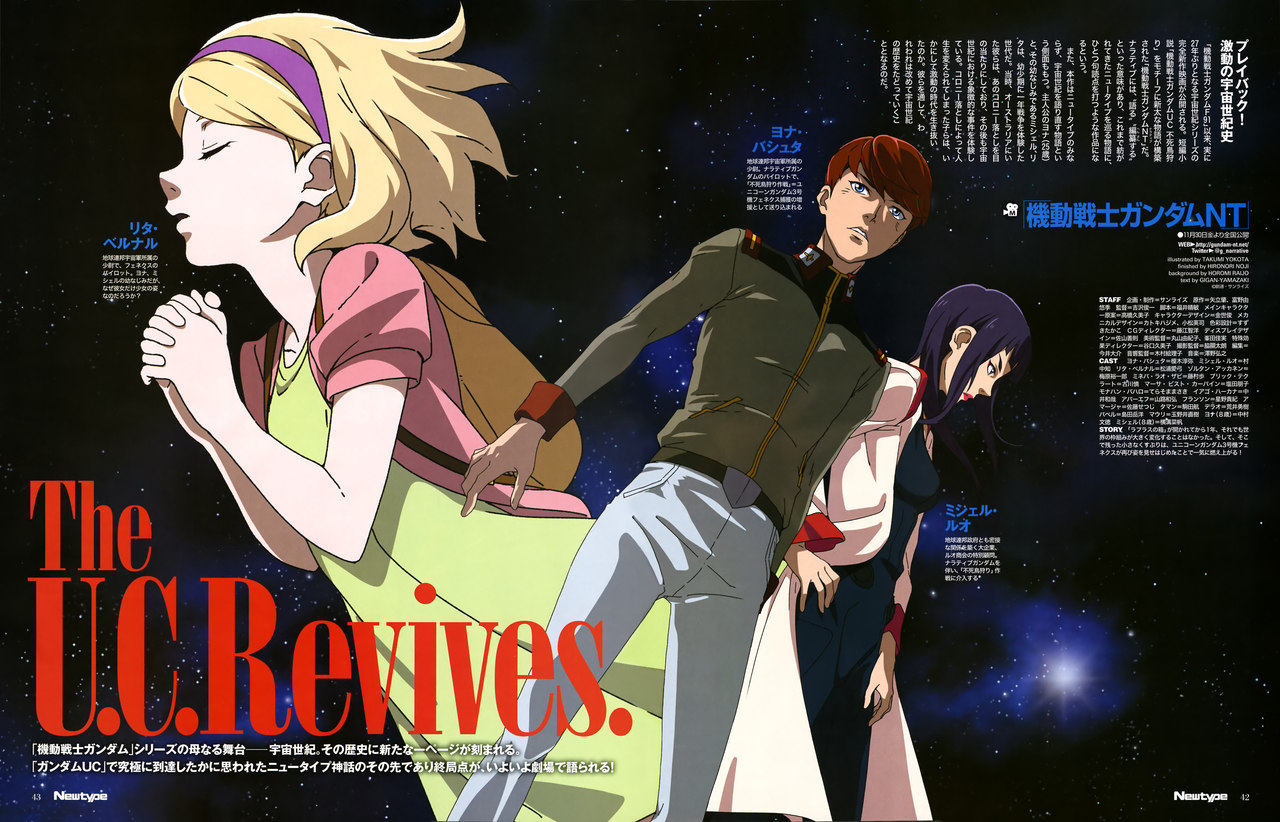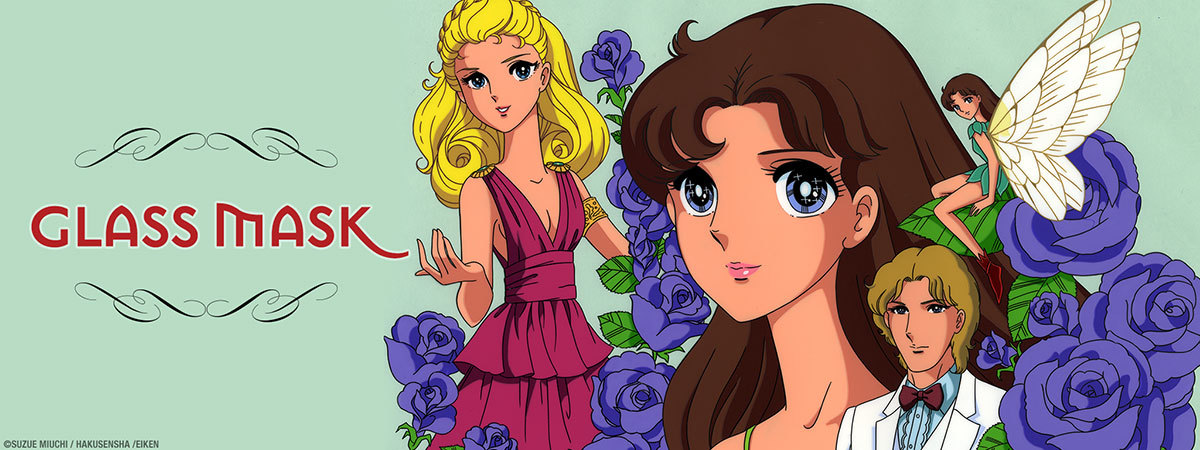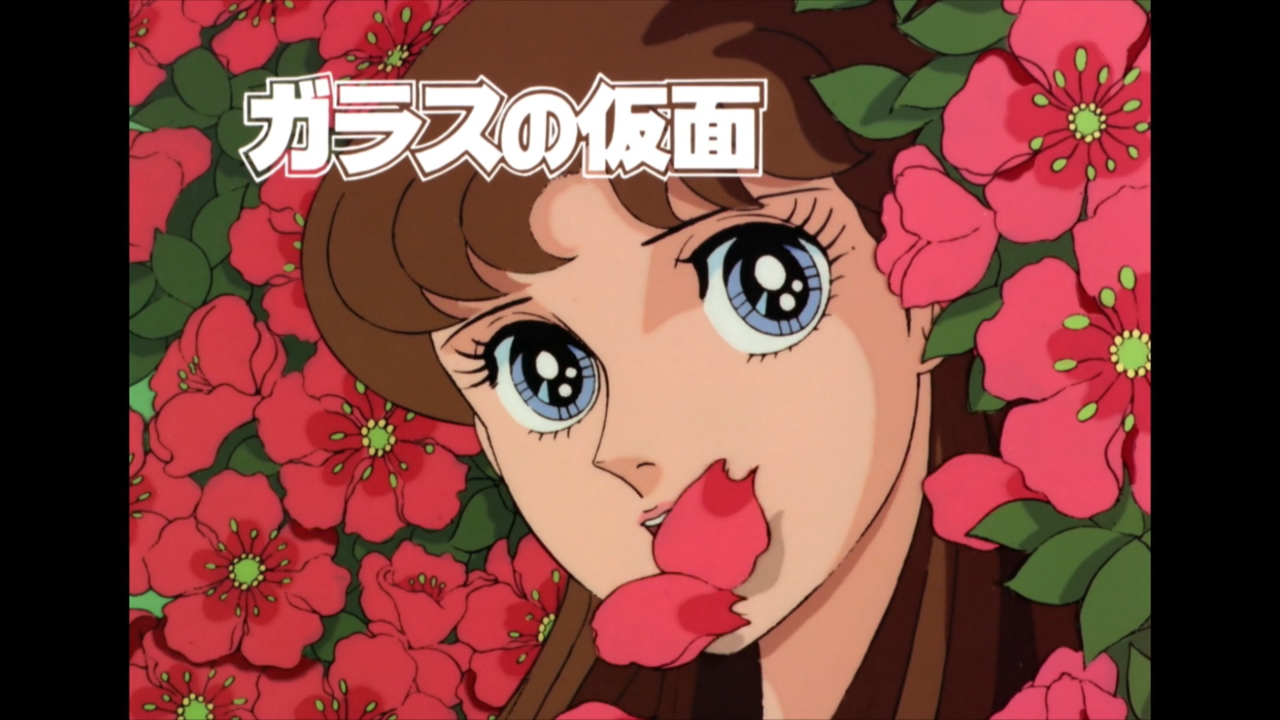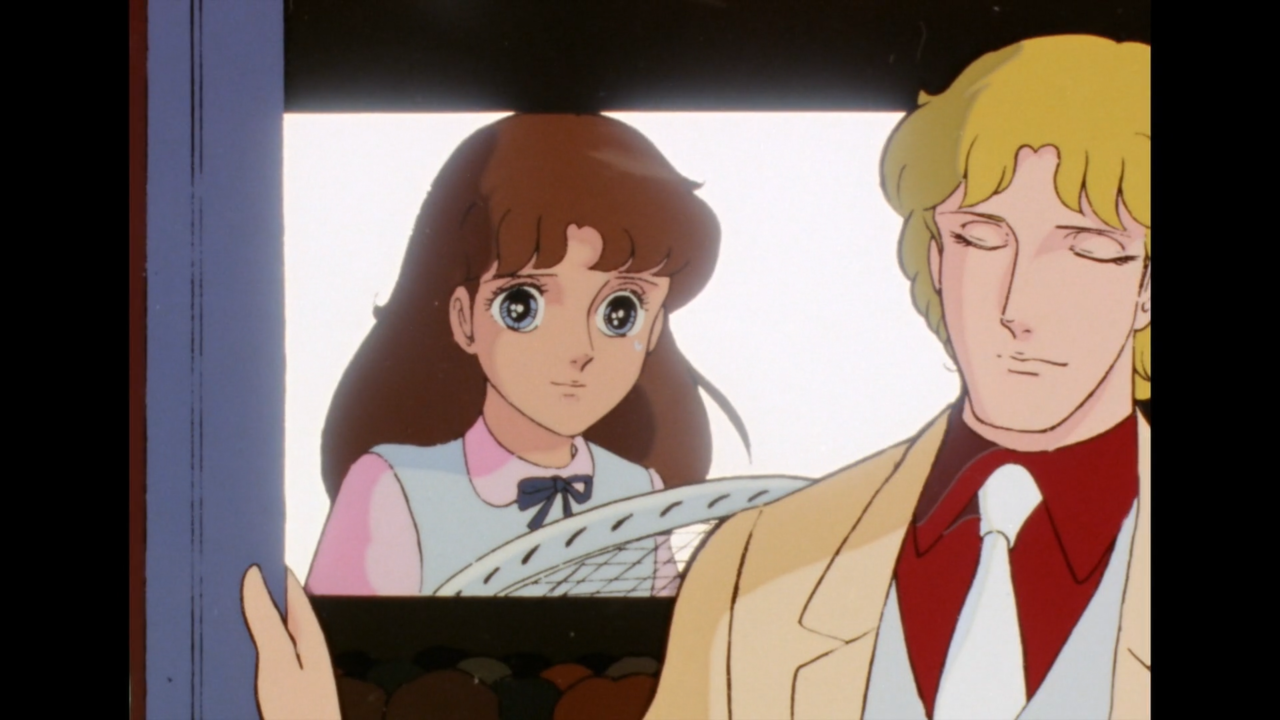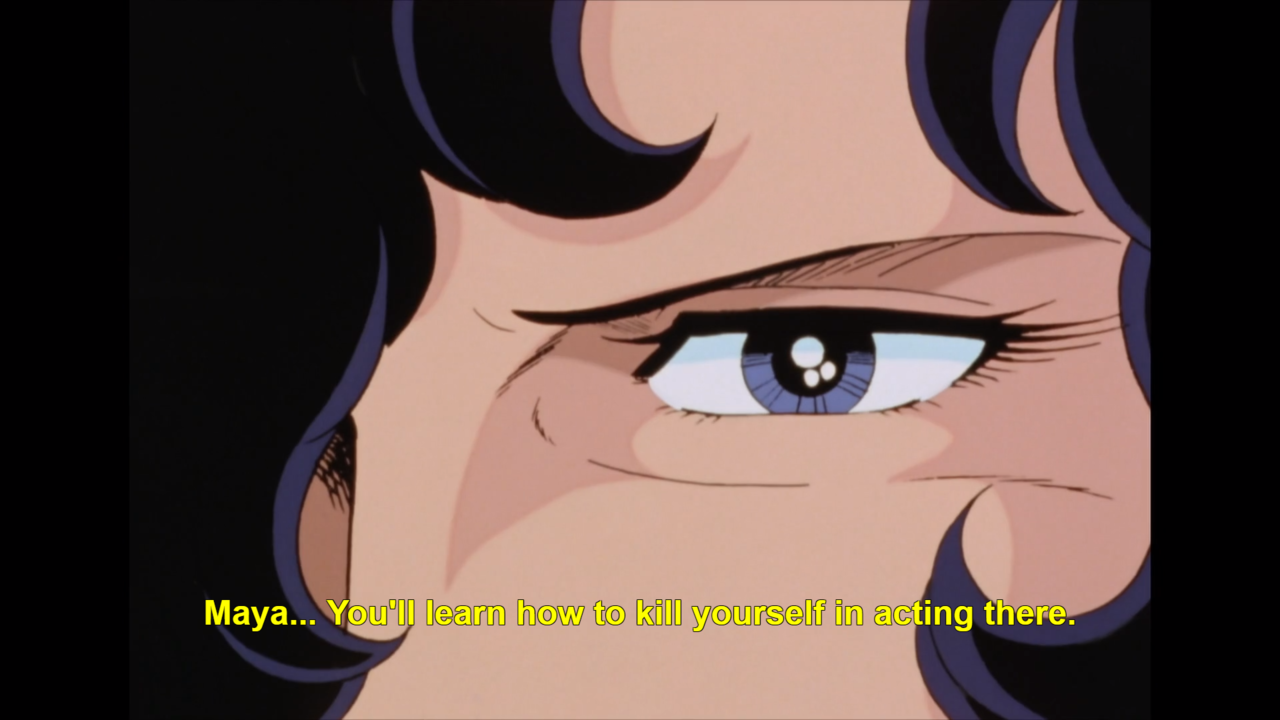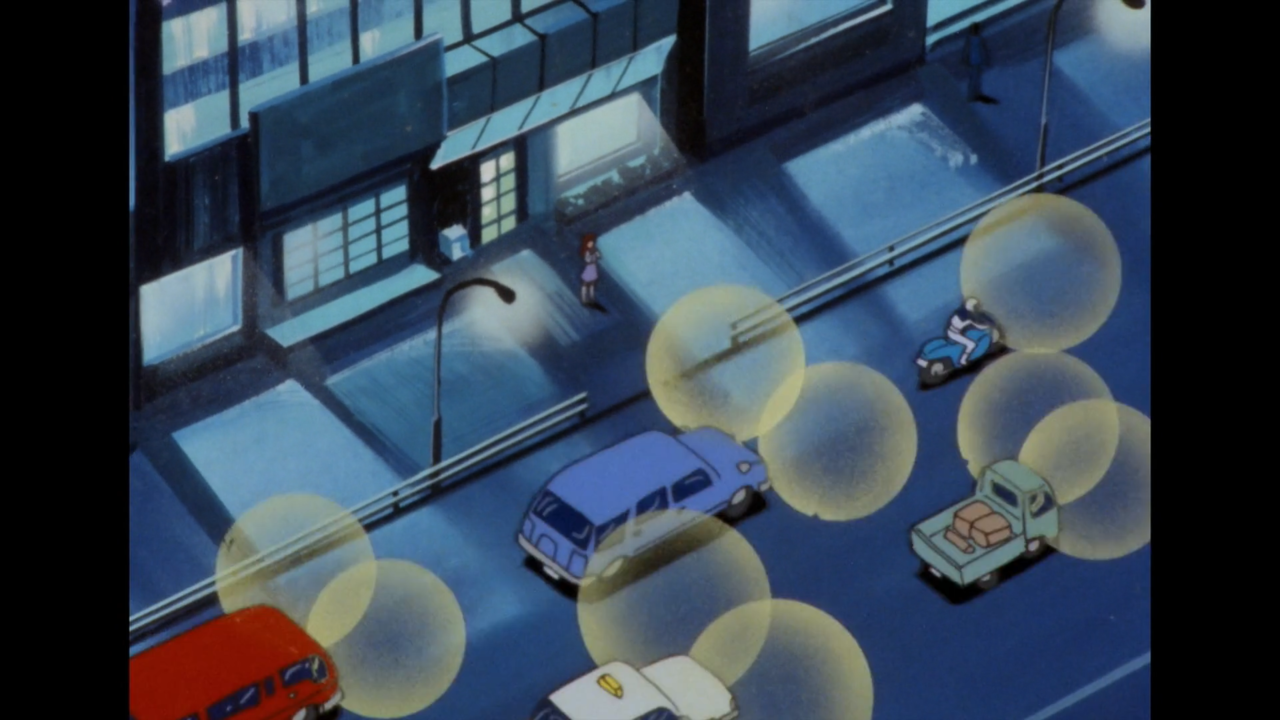If you told me ten years ago that I would be able to regularly watch anime movies on the big screen in theatres I would have surely not believed you. Besides maybe a few Pokemon movies or an occasional film in some mega franchise I don’t particularly care for such as Naruto, the prospect would probably seem alien to me even. So it’s funny how times have changed and how anime screenings in theatres is becoming increasingly more common in North America. Just last month I was able to watch the phenomenal Dragon Ball Super Broly film in a packed theatre with a ton of other nerds and it was a delightful experience. Before that I got to see the fun anime version of Die Hard known as My Hero Academia: Two Heroes, and before that a love letter to Go Nagai known as Mazinger Z Infinity! Now only a month after Broly I get to watch an honest-to-God Mobile Suit Gundam motion picture in a theatre too? I feel like the luckiest guy alive.
If I am being honest, I actually hate going to the cinema most of the time, and spent many years avoiding doing just that. I was always the type of person that was happy enough to rent a movie once it released on DVD/BD and that was the extent I would need out of cinema at large. The only exception I started to make was when Disney purchased Star Wars, and that was more out of fear that ravenous fans online couldn’t keep their mouths shut than it was about anything else. Over the years however I started to develop a greater appreciation towards movie theatres at large and a lot of that has to probably do with anime. As I began to become a serious collector of anime and made the transition from my old DVDs to crisper BDs I realized I was at the point where as a fan I wanted the most out of my all time favorite movies--because these were not just my favorite anime movies but my actual favorite movies, and that’s when I realized I truly wish I could have seen them the way they were meant to be; on the big screen, with an insanely powerful surround sound system, wth fans all gathered around cheering at the best moments. I will probably never get this experience for Akira, or Galaxy Express 999, or the many other films that mean the world to me now, but I can get the experience for future movies, so I don’t want to miss out ever again.
Gundam is one of my favorite franchises from my childhood. As a young kid I fell in love with the amazing robot designs and was blown away at the prospect of an anime that just felt so different from DBZ, which besides Pokemon was probably my only real understanding of anime at that age. As a teen and young adult especially the franchise became increasingly important to me and left a lasting impression on my psyche. I can’t tell you my favorite Gundam series nowadays because the answer will probably be different every time. Maybe I’ll say the original Mobile Suit Gundam, warts and all, it’s everything I love about anime from the 1970’s and to this day I still love the original Ocean Group dub from Canada. This dub while wooden and showing its age terribly will forever be etched in my mind as the definitive voices for most of the Universal Century characters despite Shuichi Ikeda butterly smooth, ecstasy inducing voice in most of the Japanese series. Maybe I’ll say Zeta Gundam as Kamile was a character my younger self identified a lot with and the series as a whole left a very strong impression on me. Maybe I’ll say Turn A Gundam, a beautiful psychedelic series that displays some of the best writing from series creator Tomino.
So yes, having a chance to see any Gundam film in theatres was something I couldn’t miss. Even if said film ended up just okay it wouldn't matter, as not in my wildest dreams did I actually think I would get this opportunity. I figured the closest I would ever be to seeing Gundam on the big screen would be if I happened to be in Japan for some reason around the time a new Gundam OVA or film was being screened. When Gundam NT tickets went on sale for North America I bought them the day online orders were opened and was even the first person to buy a seat at the theatre (thanks to reserved seating I could see nobody else had bought a seat yet). It didn’t matter to me that I had to drive 45 minutes to the cinema, nor did it matter to me that I honestly knew nothing about Gundam NT, I just wanted to experience Gundam this way at least once in my life. And so last night I made the trek across the city and finally got to see Gundam like I never have. Now I have decided I want to share some of my thoughts and impressions about it. This won’t be a formal review, nor is it meant to be, as more or less I’m just exposting some of my thoughts, off the cuff.
First a little background information. Sunrise’s current "UC NexT 0100" project that tackles the next century of Gundam’s UC (Universal Century) timeline as well as their ambitious promise to deliver a new theatrical Gundam film every 1-2 years from 2018 onward is something to behold, so it’s no big surprise to me that the first film to kick off both of these initiative would be a sequel to the highly acclaimed Gundam Unicorn OVA series. Saying Sunrise is kind of on a Unicorn kick right now would be an understatement after all. I actually don’t mind this so much however like a lot of people seem to, as Unicorn deserves all the praise it got and there is no two-ways about it being a pivotal factor behind Sunrise’s returning commitment to the UC timeline again after releasing nothing major in it for nearly a decade. Gundam Narrative serving as a sequel to Gundam Unicorn is something I am totally neutral about.
My greater concern going into the Gundam Narrative film was more that Gundam and films have a pretty rocky history. Honestly most Gundam movies tend to be more on the awful side. If I had to rate all the ones I’ve seen I would probably only say Gundam Thunderbolt: December Sky and Gundam Thunderbolt: Bandit Flower are fantastic, the original Mobile Suit Gundam film trilogy is an excellent compilation movie series and a good enough replacement for its own television version, the Zeta New Translation films are incredibly disappointing and omit too much, Char’s Counterattack is a hot mess that barely makes a lick of sense, Gundam F91 would have been a fantastic TV show but as a movie it makes me sad, A Wakening of the Trailblazer is okay but also undone by its own weirdness, Endless Waltz is what you would expect out of Wing, the Turn A compilation movies are pointless, and G-Savior sure was … a thing that exist.
Well I am happy to say Gundam Narrative is among the rare films for the franchise that I thoroughly enjoyed from start to finish! A lot of this has to do with the scale being relatively small versus the usual scale in Gundam films that are way too big for their own good. Narrative’s laser focus on chasing after the missing Unit 03, the Golden Phoenix sibling to the two Unicorn and Banshee units we’ve seen in the previous Gundam Unicorn series allows it to tell a story largely separated from politics and the world at large--and let’s the characters become the main focal point of the film like any good movie should.
This aspect alone is missing from so many other Gundam films and is partly why so many fail at being a good viewing experience. I’d say the few that do find that focus, mainly the Thunderbolt series of films and the original trilogy of movies made from the 1979 TV series are the best in the franchise’s filmography. A ton of other Gundam films tend to be bloated as well with rather boring middle sections, so the brisk fast pace of this 90 or so minute runtime for Narrative was a welcome relief. There are some awkward cuts to the film sure, but honestly I felt this beat sitting in the theatre for two and a half hours bored at the long winded middle section that goes nowhere like some previous Gundam films are especially guilty of. This was just enough time to tell a story of this scope properly. Of course the characters and scope of the story isn't enough to carry an entire film so the fantastic soundtrack from returning Unicorn composer Hiroyuki Sawano helped to sell a lot of scenes in the film as well.
The biggest factor that made Narrative for me however had to the film’s focus on the more metaphysical aspects of Newtypes. Despite my disliking of a lot of Char’s Counterattack I still find the more psychedelic (so to say) aspects of it to be fascinating, just as I always have when such spiritual topics have shown up in prior Gundam works by Tomino and the many teams at Sunrise. While far from perfect I always enjoyed this kind of kooky spiritualism to the Gundam universe, a sort of new age 80’s science fiction interpretation of the soul would be the best way I can describe it but there’s no real way for me to do it justice nor to make it not sound ridiculous. Since Tomino has left a lot of Universal Century Gundam series have focused more on everyday soldiers instead and not so much on Newtypes, the future evolution of mankind, and the soul. In fact I always felt Sunrise somewhat shied away from a lot of these aspect to Gundam since then, so when we got to see this aspect return near the very end of Gundam Unicorn it was a nice treat to me personally. Having it permeate almost the entire runtime of Narrative’s story had me over the moon. A lot of people disagree, and more power to them, but I just can’t get enough out of the spiritual aspects seen in Narrative.
Gundam Narrative being a modern UC timeline production means it of course has references and lore connections to a ton of other classic Gundam series and moments. I really enjoyed most them even if they were just silly fan service moments. I love that we got to see the famous Colony Drop drawn with modern day high budget animation and it wasn’t just reused old footage. Getting to see clips of the Psycho Gundam ravage Hong Kong City was a joy on the big screen even if it lasted only about 10 seconds. I loved that we got to hear some of Char’s Dakar speech again in Narrative--this gave us an opportunity to hear Keith Silverstein, the modern English voice of Char since 2010 handle this legendary speech of his from Zeta Gundam. Speaking of the English dub my favorite performances were definitely Griffin Puatu’s portrayal of the protagonist Jona Basta that had to carry a lot of the emotional weight of the film and Stefan Martello’s portrayal of the off-the-walls insane Zoltan Akkanen who was just a pure fun villian that ate up every scene he was in. The Narrative Gundam itself being a reworked prototype of Amuro’s Nu Gundam from Char’s Counterattack 4 years ago was also a fun way to fit another Gundam into this time frame and I love it gave us such a classic looking Gundam in the Unicorn era of the franchise.
I had almost zero expectations for Gundam Narrative, and all I really wanted was the big screen experience for Gundam. As someone that loves the psychedelic spiritual aspect of Tomino’s old works, and someone with zero expectations that a Gundam movie can really be all that good anyways I walked away from that theatre last night loving what I saw. Gundam Narrative has me personally excited for the future of Gundam films, especially if it means we may see more theatrical screenings in North America for said films. This is probably not a film for everyone, and is definitely heavy on both your love of Gundam Unicorn and your love of some of the craziest stuff Tomino would whip out in his heyday of working on the franchise, but if you’re like me I think this one will be a lot of fun, even off the big screen.





